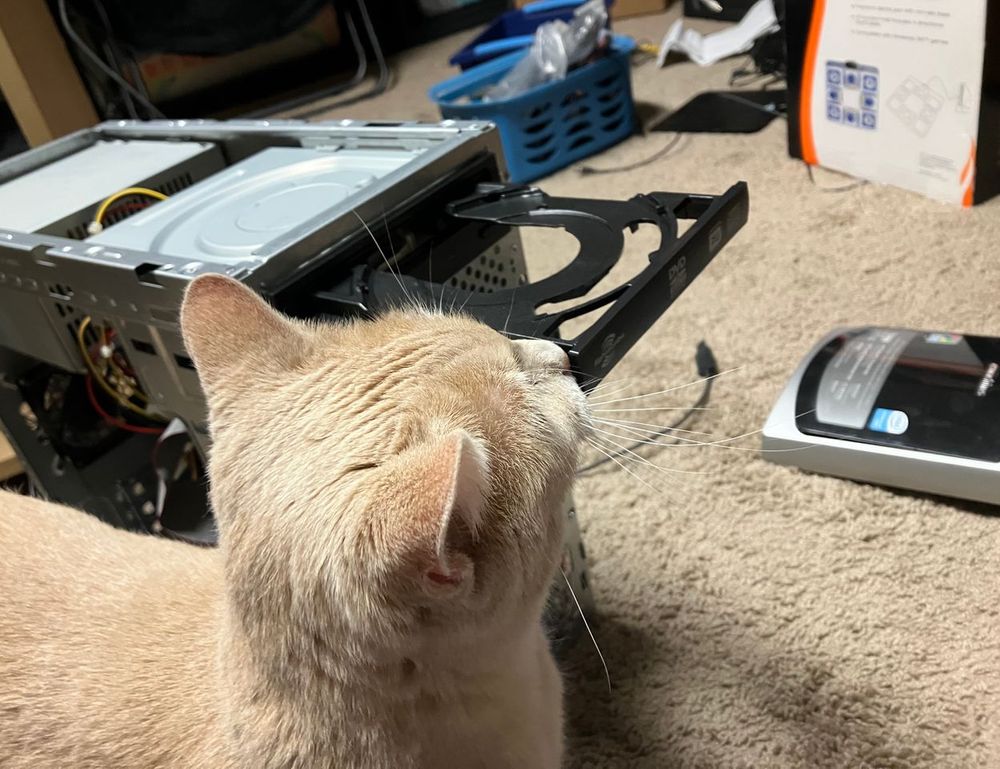The Origins of frnbnhjgbk
Pinning down the origin of frnbnhjgbk is impossible in a traditional sense. It likely began, as many nonsense strings do, as a literal accident—someone brushing their fingers across the keyboard. What’s interesting, though, is how quickly these “accidents” catch on. Random strings get posted in forums, dropped in comment sections, or used in memes—eventually gaining a kind of branded identity.
frnbnhjgbk resembles the kind of thing you’d see when someone’s trying to type something frantically or with full emotion. In that way, it’s more expressive than words. Keysmashing like this has been part of digital interaction since the early days of AIM, Tumblr, and forums—used to convey excitement, frustration, disbelief, or joy when actual words don’t cut it.
Why Nonwords Still Matter
Even a nonsense string can carry meaning. Language is more than spelling and grammar; it’s about intent and reception. And on the internet, especially in informal interactions, nonwords like frnbnhjgbk are shortcuts to emotional authenticity. No need for crafted sentences—just drop the frnbnhjgbk and your meaning gets through. It might be chaotic, but it communicates. In fact, it often cuts through better than a rambling message.
This is the internet’s version of body language: fast, messy, and expressive.
Memes and Communal Language
Digital culture thrives on creating communal injokes. You’ve seen it with meme phrases, reaction images, or even misspellings becoming fullblown slang (think “doge” or “yeet”). frnbnhjgbk slides easily into this category. It’s shared nonsense that makes sense only if you live online.
And because the internet never stops shifting, new strings show up all the time—some gain traction, most disappear. The ones that last stick not because they’re logical, but because they tap into emotions. So when you see someone drop “frnbnhjgbk” in a chat thread, they may be overwhelmed, amused, annoyed—or just playing along with a digital ritual.
When Gibberish Becomes Aesthetic
Let’s be blunt—frnbnhjgbk kind of looks cool in a weird way. There’s an accidental rhythm to it. A mix of consonants that feel like they could be a word in some alternate language. Some creatives and designers are even drawn toward these glitchy aesthetics. They add them to art, titles, or even logos to give off a cybersurrealist vibe. In the lofi web design world, this kind of string becomes a codeword signaling “this isn’t meant to be polished—this is raw internet.”
What’s more, randomness sells. People love the unexpected. So something as offbeat as frnbnhjgbk might just find itself on a skateboard, a Tshirt, or printed across a lofi beat album cover.
SEO and Keyword Weirdness
Here’s a twist: in the world of SEO and digital marketing, even nonsense strings have a place. Could you rank for a term like frnbnhjgbk? Definitely. No competition, for one thing. But also, weird search terms and typos often have loyal search traffic. People stumble across a term like this through curiosity or error—and that’s an opportunity.
This shows how language online is evolving. We’re no longer limited to dictionary definitions. If people search it, it matters.
Embracing the Glitch
There’s something fun about embracing internet randomness for what it is. Not everything we write has to have clear, logical purpose. The messiness is part of the charm. Using something like frnbnhjgbk just for the sake of it feels like a rebellion against the polish and pretense of curated digital presence. And sometimes, going offscript is the most human thing we can do.
A keyboard smash with no meaning? Maybe. A shared experience of unfiltered emotion and digital whimsy? Absolutely.
The Utility of Uselessness
In a world driven by data, productivity, and measurable outcomes, the seemingly “useless” tools of internet culture like frnbnhjgbk can be surprisingly useful. They’re icebreakers. Emotional shorthand. Community markers. In group chats or comment sections, someone drops a keysmash and instantly signals: “I’m feeling something big, words won’t do—join me.” Others reply in kind. And in that exchange, you’re not alone. Even if it’s just for a moment.
Sometimes nonsense is the most efficient language we’ve got.
Conclusion: Why frnbnhjgbk Matters (Even If It Shouldn’t)
Look, no one’s going to put frnbnhjgbk in a dictionary anytime soon. But will it appear in DMs, forums, subreddit threads, Discord chats? Absolutely. And that’s the point. These oddball terms are the fingerprints of internet culture—raw, visual expressions of emotion and style.
You don’t need to “get it” for it to work. Just know this: frnbnhjgbk isn’t just static—it’s signal. And in this chaotic digital world, something that’s even a little honest or expressive is worth keeping around.


